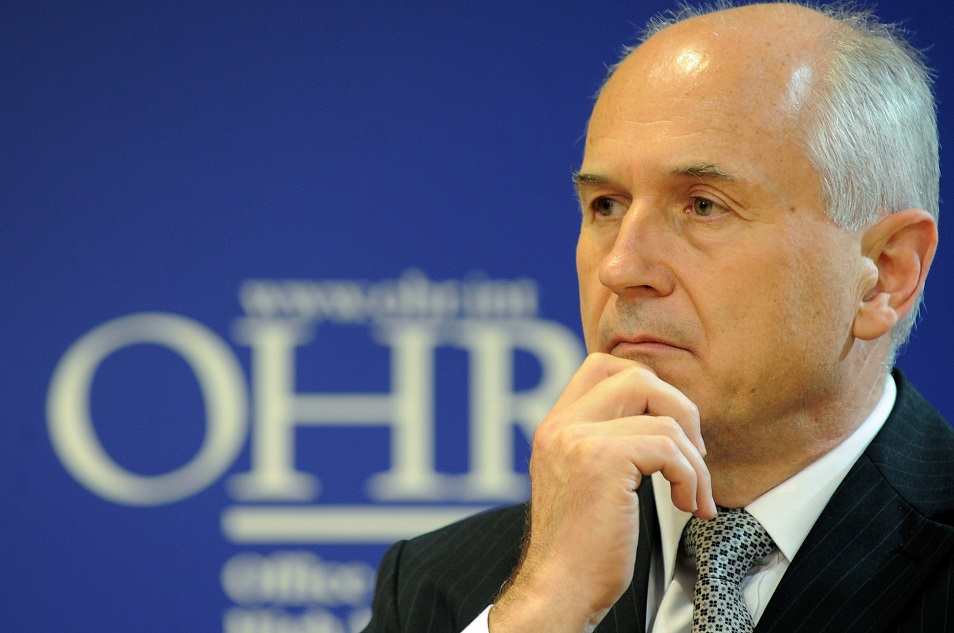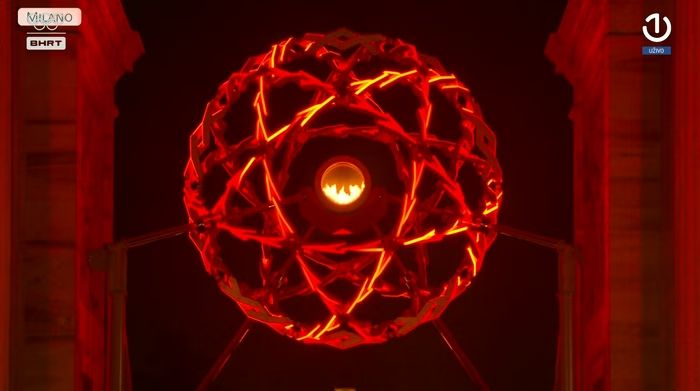Intl administration receives initiative to impose law on genocide denial

An association has submitted an initiative on Friday, asking Valentin Inzko, the international administrator in Bosnia and Herzegovina to impose a law prohibiting the genocide denial by July 11, the day marking the 25th anniversary of the Srebrenica genocide.
“While the parliaments of other countries across the world adopted resolutions on Srebrenica genocide and honoured that tragedy, we have not done that in Bosnia and Herzegovina yet. Besides, a total denial of genocide in Bosnia and Herzegovina is still present as well as the insulting of the victims and their families,” said Senada Softic-Telalovic, a representative of the 'Klub 100-Plus' association who filed the initiative.
On July 11, 1995, Bosnian Serb forces overran the eastern Bosnian enclave and rounded up the Muslim Bosniaks in Srebrenica, separated men from women and little children and systematically executed some 8,000 men and boys.
The bodies of the victims were dumped into numerous mass graves in the area. Forensic experts excavated them and identified the bones through DNA analysis before returning the bodies to the families. Those rebury them every year on July 11 at the Memorial Centre’s cemetery.
Two international courts, the International Criminal Tribunal (ICTY) for the Former Yugoslavia and the International Court of Justice (ICJ) later ruled that the massacre was an act of genocide.
To date, Bosnian Serb leadership have never recognised the Srebrenica massacre as an act of genocide; neither have the authorities in Serbia.
Softic-Telalovic told the reporters that this petition was symbolic because it collected 8,372 signatures from 123 countries, with each signature representing one innocent victim killed in Srebrenica.
“This is our call, asking the Parliament of Bosnia and Herzegovina to adopt the resolution to stop the denial of genocide in Bosnia and Herzegovina because this is the only way forward and there is no coexistence or future without that,” she added.
“This is important for all future generations of Bosnia and Herzegovina,” said Softic-Telalovic, adding that High Representative Valentin Inzko was asked to impose the law by July 11.
International Community's High Representative Valentin Inzko was appointed to oversee the civil part of the implementation of the Dayton Peace Agreement, a peace treaty that ended the 1992-95 Bosnian war and contains the country's constitution. The High Representative was also assigned with special powers known as Bonn powers, which enable him to impose laws and dismiss officials.
Kakvo je tvoje mišljenje o ovome?
Učestvuj u diskusiji ili pročitaj komentare
Kakvo je tvoje mišljenje o ovome?
Učestvuj u diskusiji ili pročitaj komentare
NAJČITANIJE
Oglas
Oglas
Najnovije
Oglas
Oglas





 Srbija
Srbija
 Hrvatska
Hrvatska
 Slovenija
Slovenija



























































